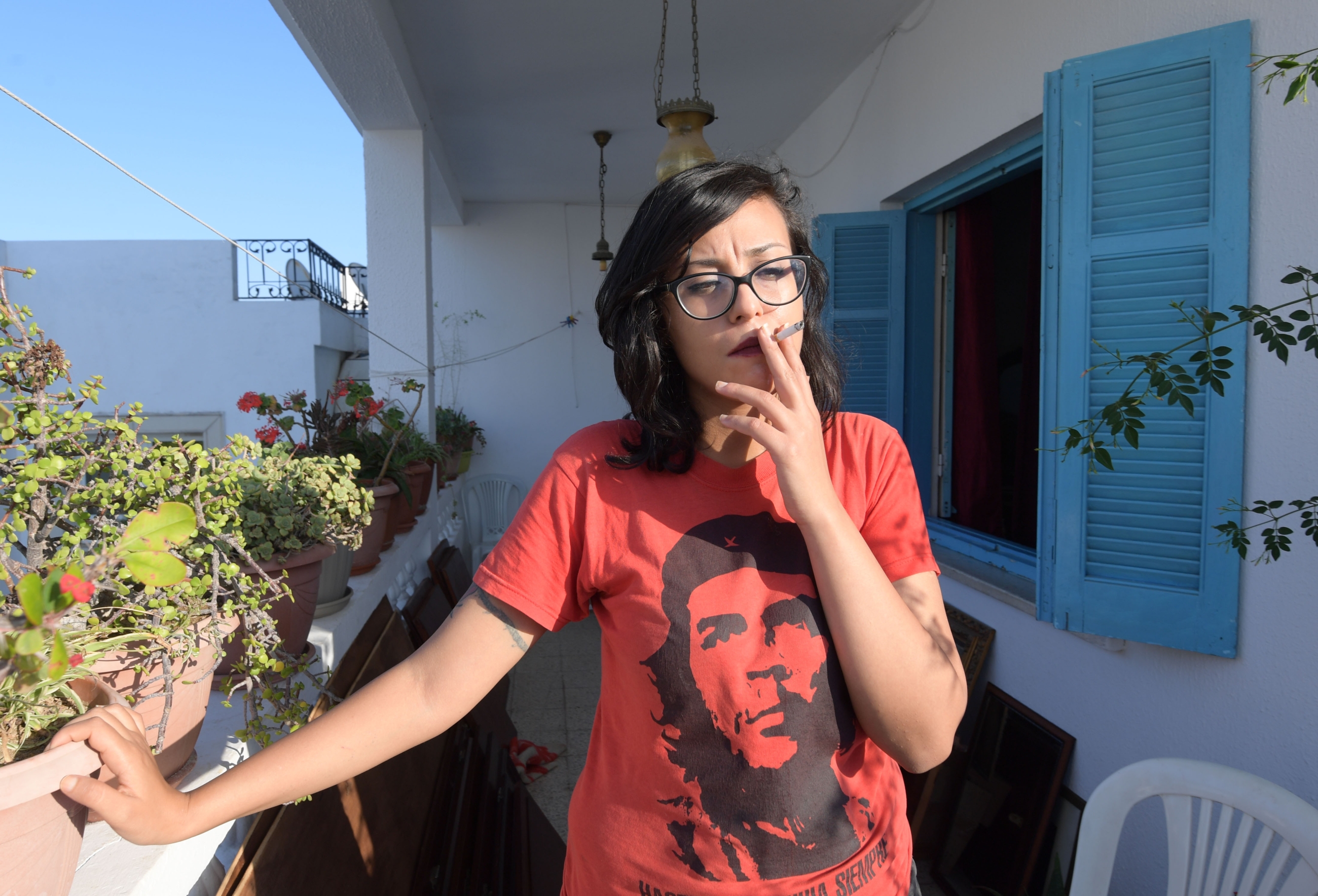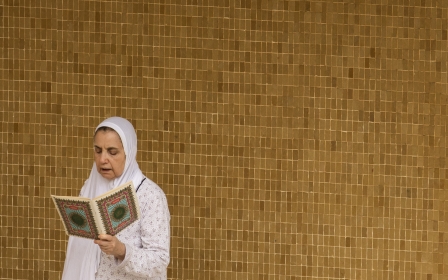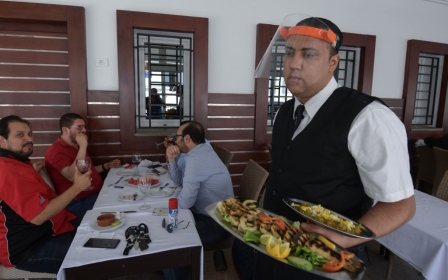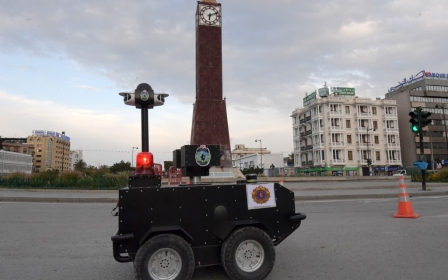Tunisia: Woman gets six-month jail sentence for coronavirus post mimicking Quran

A Tunisian woman has been sentenced to six months in jail after sharing a Facebook post about the coronavirus written as a Quranic verse.
Emna Charki, a 27-year-old blogger, was found guilty of offending religion and “incitement to hatred” by a Tunis court on Tuesday, after posting the satirical "Corona Surah" on 4 May.
The post mimicked the style of the Quran in reference to Covid-19, encouraging people to wash their hands and observe social distancing.
"There's no difference between kings and slaves, follow science and ignore traditions," one passage read.
The court decision was widely criticised by social media users and human rights organisations.
New MEE newsletter: Jerusalem Dispatch
Sign up to get the latest insights and analysis on Israel-Palestine, alongside Turkey Unpacked and other MEE newsletters
“This sentence is a bitter blow to freedom of expression in Tunisia. It will have a chilling effect by deterring others from daring to express their opinions online,” said Amna Guellali, Amnesty International’s deputy regional director for the Middle East and North Africa.
"Emna Charki should never have been charged in the first place. Instead, the authorities should have opened an investigation into the rape and death threats she has received in response to her post,” Guellali said.
Charki, who is not in custody, was also fined $750 and told reporters that she intends to appeal the decision.
"In a country of freedom, where the constitution guarantees freedom of expression ... and women's rights, they condemn me, a woman free in my beliefs," she told reporters outside her home, wearing a red Che Guevera T-shirt.
Bochra Belhaj Hmida, a former MP, also defended the blogger.
"After all that Tunisia's youth have done for this country, the hunger for freedom they've shown, it's unbelievable that decisions can still be taken based on obsolete anti-freedom laws," she told AFP.
Tunisia has recorded more than 1,200 confirmed Covid-19 cases, and 50 related deaths. A nationwide curfew was lifted by President Kais Saied in June, after a decline in infections.
Middle East Eye delivers independent and unrivalled coverage and analysis of the Middle East, North Africa and beyond. To learn more about republishing this content and the associated fees, please fill out this form. More about MEE can be found here.




